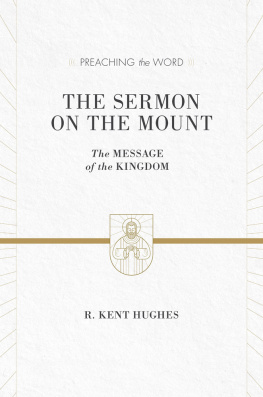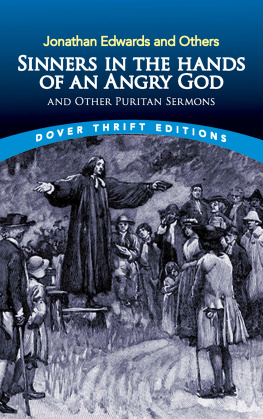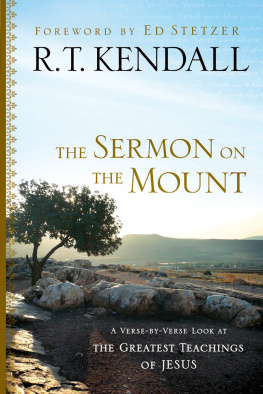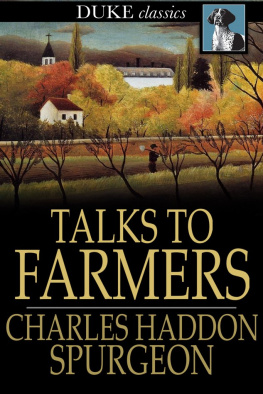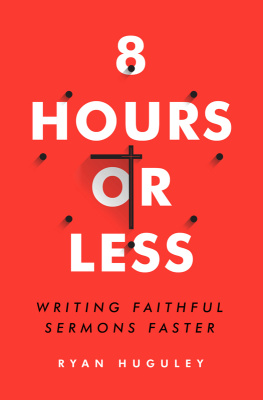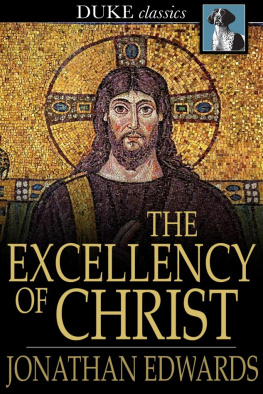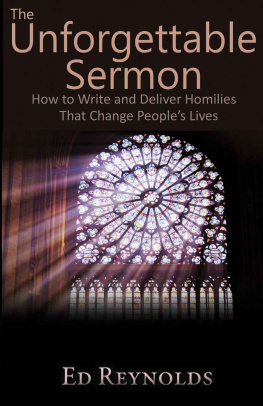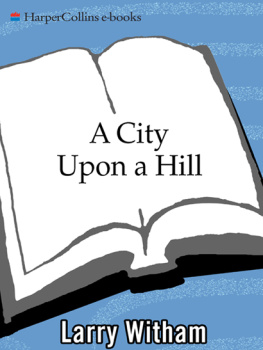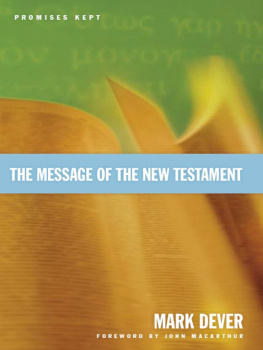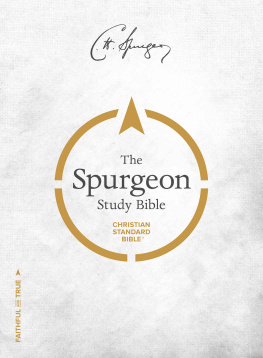1960, 1982 by
THE MOODY BIBLE INSTITUTE OF CHICAGO
Revised Edition
All rights reserved. No part of this book may be reproduced in any form without permission in writing from the publisher, except in the case of brief quotations embodied in critical articles or reviews.
ISBN: 0-8024-3328-6
Library of Congress Cataloging in Publication Data
Main entry under title:
Sermons Classics by Great Preachers.
Rev. ed. of: Great Sermons by Great Preachers. [1960]
Contents: The Fire Sermon/Dwight Lyman MoodySinners in the Hands of an Angry God/Jonathan EdwardsThe Most Wonderful Sentence ever written/Reuben Archer Torrey[etc.]
1. Sermons, English. I. Gunther, Peter F.
BV4241.S414 1982 252 81-16899
ISBN 0-8024-3328-6 AACR2
PRINTED IN THE UNITED STATES OF AMERICA
CONTENTS
1. The Fire Sermon
Dwight Lyman Moody (18371899)
2. Sinners in the Hands of an Angry God
Jonathan Edwards (17031758)
3. The Most Wonderful Sentence Ever Written
Reuben Archer Torrey (18561928)
4. Gods Love to Fallen Man
John Wesley (17031791)
5. Repentance
George Whitefield (17141770)
6. Fury Not in God
Thomas Chalmers (17801847)
7. Accidents, Not Punishments
Charles Haddon Spurgeon (18341891)
8. A Living Stone
Handley C.G. Moule (18411920)
Dwight Lyman Moody
(18371899)
On Sunday night, October 8, 1871, Dwight L. Moody was preaching to a large congregation in Farwell Hall in Chicago. It was the fifth of a series of six sermons on the life of Christ. He proposed to preach the sixth and the last of the series on the following Sunday. The courthouse bell was sounding an alarm of fire, but he paid no attention to it. The people were accustomed to hearing the fire bell, and it did not disturb them much when it sounded. He finished his sermon on What Shall I Do with Jesus? and said to the audience:
Now, I want you to take the question with you and think it over, and next Sunday I want you to come back and tell me what you are going to do with Him.
In a short time that congregation was a crowd of wildly fleeing fugitives, and their homes and Farwell Hall were heaps of smoking ruins.
Twenty-two years later Chicago celebrated the anniversary of that fire on a large scale, hoping to draw the largest number of people to the Worlds Fair by having a Chicago Day. Mr. Moody resolved to take advantage of the circumstances to make October 8, 1893, a great day for the cause of Jesus Christ. Arrangements were made for an extraordinary meeting in the central Music Hall running from 10:00 A.M. to 2:30 P.M. One part of the service was to be a repetition by Mr. Moody of the sermon he had preached on the night of the fire twenty-two years before.
The hall was filled, with hundreds of disappointed people outside vainly trying to gain entrance. The meeting went on uninterrupted for the four and one-half hours, closing with Mr. Moodys sermon the last half hour.
THE FIRE SERMON
I N THE SPRING OF 71, along with Philip Phillips and Reverend (now Bishop) J. H. Vincent, I went to California, and when I came back to Chicago hot weather had come, and our audience had become scattered. I came to Farwell Hall, wanting to get back the audience, but nearly all had gone, and it seemed almost impossible to get them together again. I remember that for a number of weeks I was turning over in my mind what to do to accomplish that. I thought I would plan some kind of sacred concerts or get someone to lecture on historical events, for I thought that the gospel would not draw.
But I remember that after praying over it and getting up from my knees the thought came to me, Preach to them on Bible characters. Well, I had some six or eight Bible characters in mind, and I thought I would try Adam first. So I took Adam and looked him over, but I thought I could never talk about him for thirty minutes. Then I thought I would try Enoch. I think I took up Noah next, and I came to Abraham and had him as one of the characters. I advertised that I would speak so many nights on the Bible characters. It was not long before Farwell Hall began to fill up, and in five weeks I had the largest congregations I had ever spoken to in Chicago.
I intended to devote six nights to Christs life. I had spent four Sunday nights on the subject, and had followed Him from the manger along through His life to His arrest and trial, and on the fifth Sunday night, October 8, I was preaching to the largest congregation I had ever had in Chicago, quite elated with my success. My text was, What shall I do then with Jesus which is called the Christ? That night I made one of the greatest mistakes of my life. After preachingor talking, as I did not call it preaching thenwith all the power that God had given me, urging Christ upon the people, I closed the sermon and said, I wish you would take this text home with you and turn it over in your minds during the week, and next Sunday we will come to Calvary and the cross, and we will decide what we will do with Jesus of Nazareth.
I have never seen that congregation since. I have hard work to keep back the tears today. I have looked over this audience, and not a single one is here that I preached to that night. I have a great many old friends and am pretty well acquainted in Chicago, but twenty-two years have passed away, and I have not seen that congregation since, and I will never meet those people again until I meet them in another world. But I want to tell you one lesson I learned that night, which I have never forgotten, and that is, when I preach to press Christ upon the people then and there, I try to bring them to a decision on the spot. I would rather have that right hand cut off than give an audience a week to decide what to do with Jesus.
I have often been criticized, and people have said: Moody, you seem to try to get people to decide all at once. Why do you not give them time to consider? I have asked God many times to forgive me for telling people that night to take a week to think it over, and if He spares my life I will never do it again. This audience will break up in a few moments, and we will never meet again. There is something awfully solemn about a congregation like this!
You will notice that Pilate was just in the condition that my audience was that night, just the condition that you are in here todayhe had to decide then and there what to do with Jesus. The thing was sprung upon him suddenly, although I do not think that Jesus Christ could have been a stranger to Pilate. I do not believe that He had preached in Judea for months, and also in Jerusalem, without Pilate hearing of His teaching. He must have heard of the sermons He had preached; he must have heard of the doctrines He taught; he must have heard of the wonderful parables that He uttered; he must have heard about the wonderful miracles that He had performed; he must have heard how Herod had taken the life of His forerunner by having him beheaded, and of the cruel way he had treated Him, so that he was no stranger to Jesus of Nazareth.
But I do not believe that there is a child here today that has not a better knowledge of Christ than Pilate had. We have had more than eighteen hundred years of gospel proclamation in this dark world and have seen the fruits of Christianity as Pilate never did. He never had seen Christ in His glorified state. The only time he saw Him was in His humiliation, despised and rejected of men. The chief men that followed Christ were men of no account, men of no power, of no title, of no influence, of no position or culture. There was no crown on His brow except the crown of thorns, no scepter in His hand except the reed placed there in derision and mockery.


